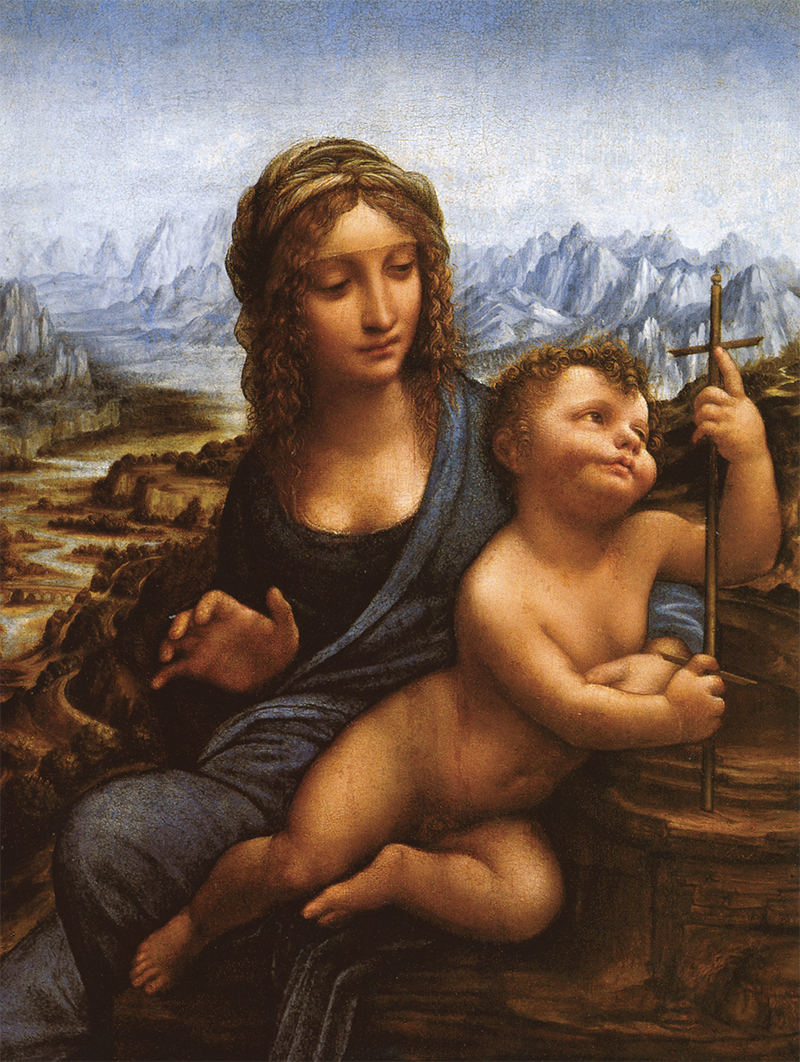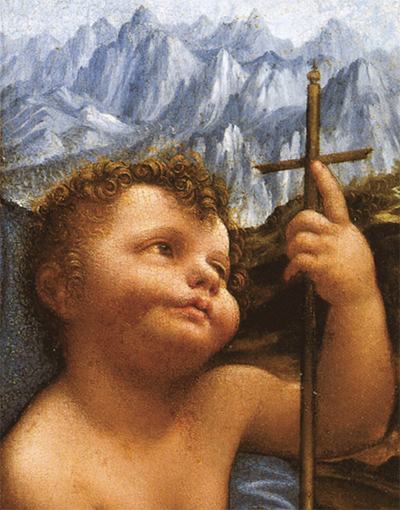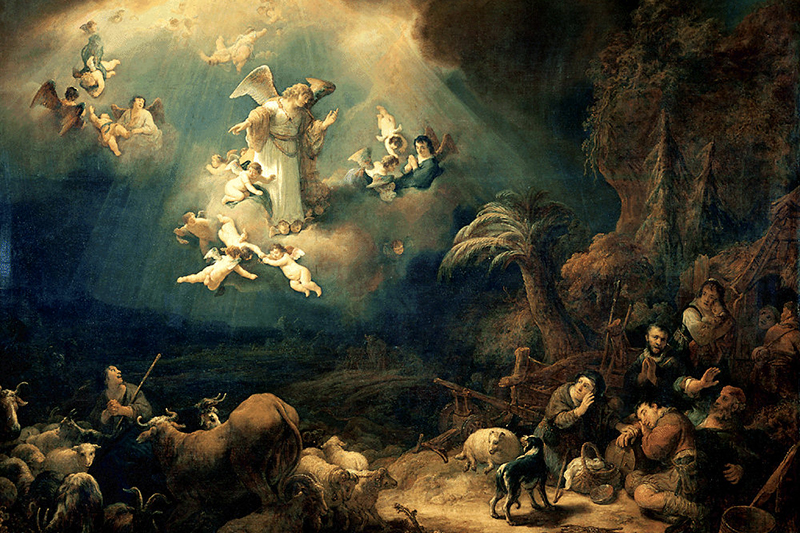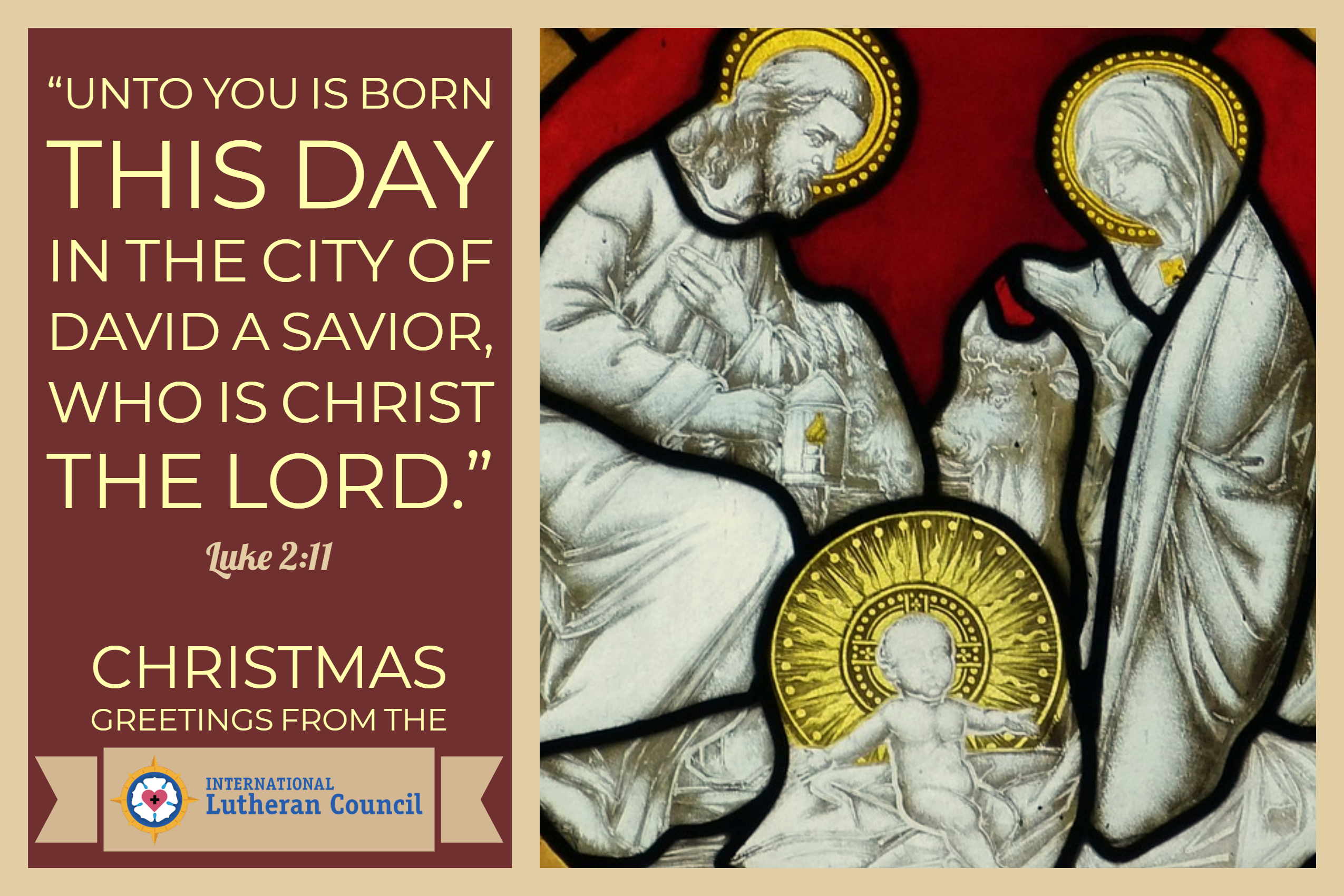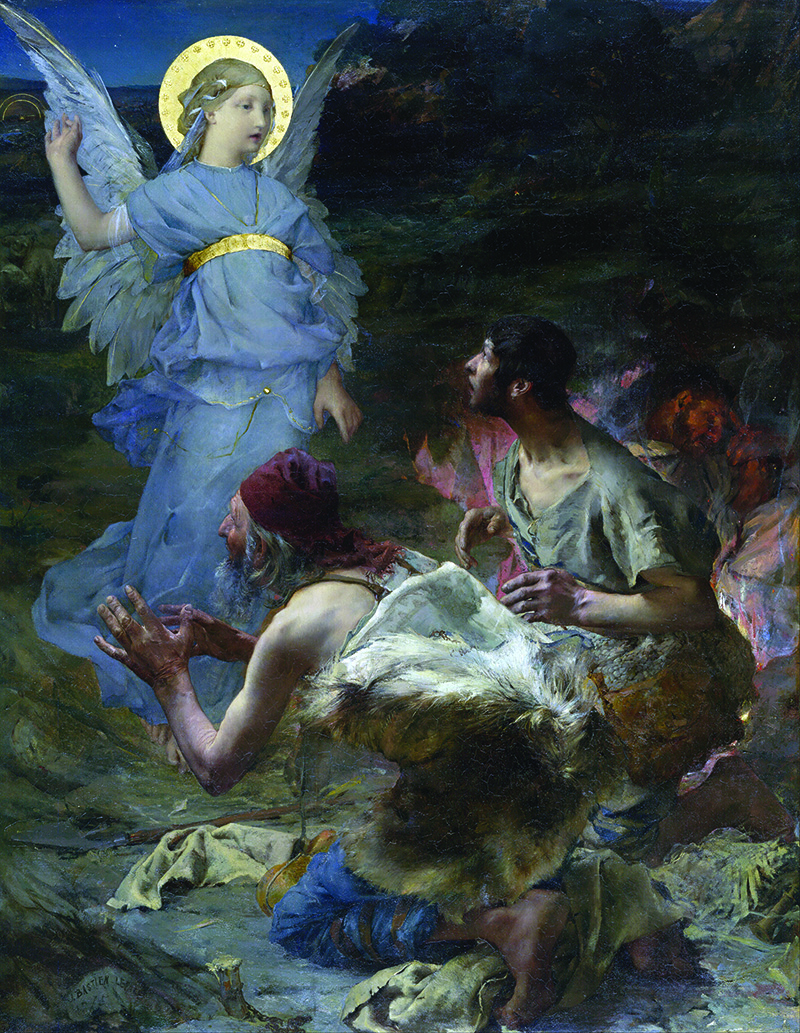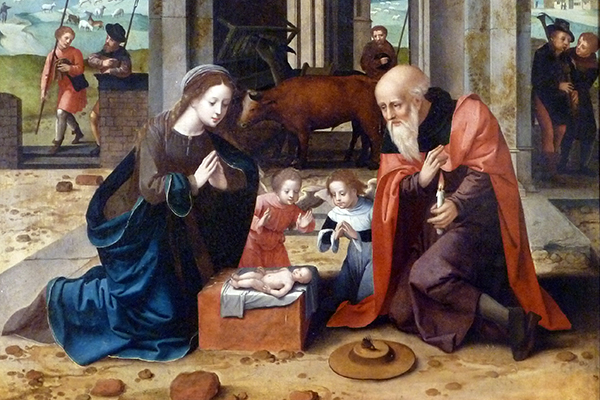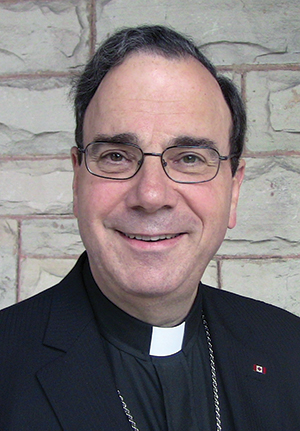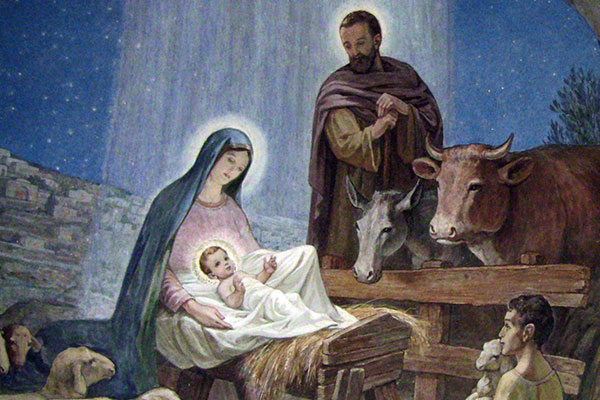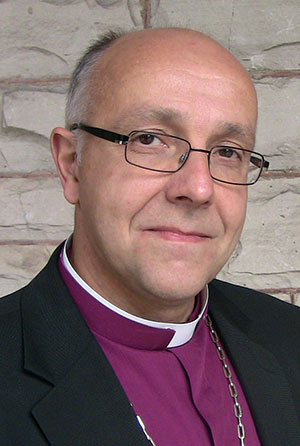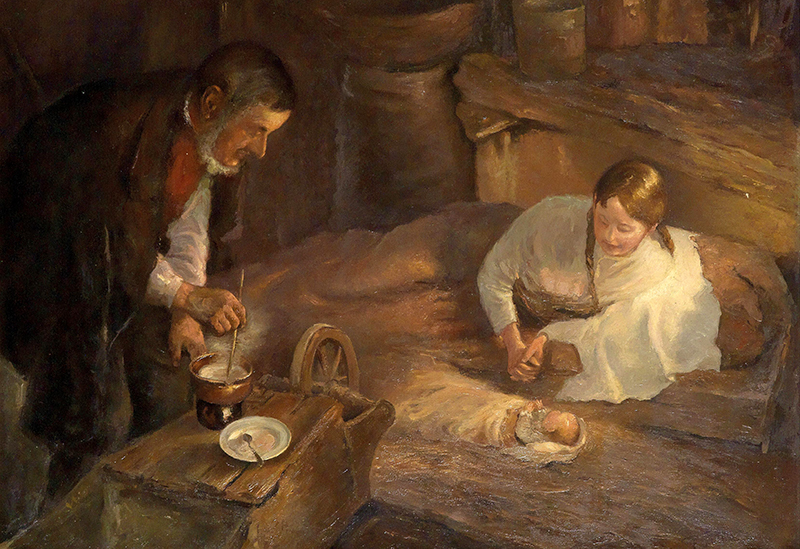
by Juhana Pohjola
“For you know the grace of our Lord Jesus Christ, that though He was rich, yet for your sake He became poor, so that you by His poverty might become rich.” – 2 Corinthians 8:9
St. Paul, in this single verse, lifts up for us a Christmas sermon on one aspect of our Lord Jesus Christ’s calling: His poverty. The Apostle reminds us of Christ Jesus’ lowliness. What did the maiden Mary from the village of Nazareth sing? “He has looked on the humble estate of His servant” (Luke 1:48). What sign did the angels give to the shepherds? “You will find a baby wrapped in swaddling cloths and lying in a manger” (Luke 2:12). And where are His possessions and earthly goods if the ”Son of Man has nowhere to lay His head” (Luke 9:58)? Truly, by humility and poverty is the birth of the King of Kings framed!
Poverty does not mean only a lack of material wellbeing; it also implies a certain powerlessness. How could this poor baby and family protect themselves against the wrath of the mighty king Herod and his army? Where could they look for help if they could not depend on their family and relatives but must instead escape alone to the foreign land of Egypt? Truly, by hostility, oppression, and refuge is the birth of the Prince of Peace surrounded.
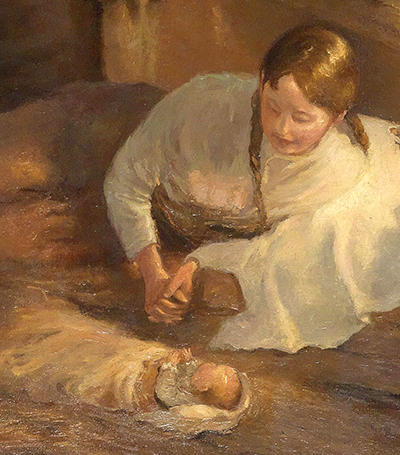
When we see, during Christmas time, the beautiful decorations and depictions of the Nativity and the Holy Family, we must keep both eyes open. If, on the one hand, we face financial problems, insecurity, loneliness, and oppression, we are reminded that our Lord has also experienced poverty in all its forms. We need not despair because He understands what we are going through, and He promises to abide with us. “For we do not have a high priest who is unable to sympathize with our weaknesses, but one who in every respect has been tempted as we are, yet without sin” (Hebrews 4:15). And again: “For He delivers the needy when he calls, the poor and him who has no helper” (Psalm 72:12).
If, on the other hand, if we have been blessed with material abundance, earthly goods, and spiritual resources, we should in thankfulness enjoy them but also share them in mercy and mission, remembering the words of St. Paul: “God is able to make all grace abound to you, so that having all sufficiency in all things at all times, you may abound in every good work. As it is written: ‘He has distributed freely, He has given to the poor; His righteousness endures forever’” (2 Corinthians 9:8-10).
The Apostle Paul, however, reveals an even deeper meaning to the poverty of our Lord. This poverty also includes a lowliness and humbleness in the way in which He has appeared to us. “The Word became flesh” (John 1:14). The Eternal Son of God—divine in glory and power—hid Himself in the weakness and fragility of a baby boy. The Triune God reveals Himself in the poverty of human flesh. To seek and find a gracious God, then, we do not look to high heavenly places and spiritual realms; instead, we look to the lowly and earthly—to the human flesh of Christ Jesus. St. Paul emphasizes that the Lord became poor for our sake. We humans can encounter the divine in Him. We, though unholy, can touch the Holy One in Him. We mortals can embrace the Eternal in Him. This is why Martin Luther was bold enough to say: “I do not know of any God except Him who was made flesh, nor do I want to have another. And there is no other God who could save us, besides the God Incarnate.”
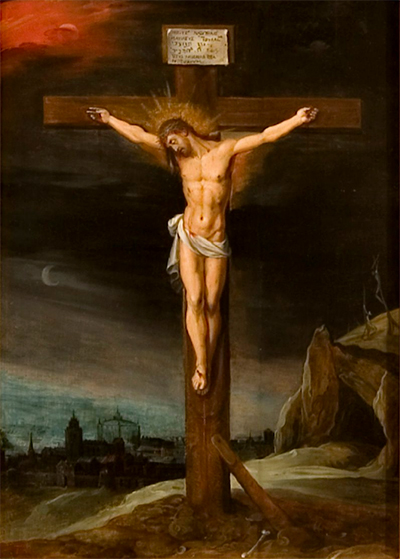
In truth, the poverty of the Lord is greater even than His willingness to come in the humility of human flesh. For He took upon Himself not only the poverty of our earthly and bodily needs, but also our deepest poverty—namely, our spiritual bankruptcy, our transgressions, and our lack of righteousness before God. So it is that the Apostle in the same epistle also preaches a paschal sermon in a single verse: “For our sake He made Him to be sin who knew no sin, so that in Him we might become the righteousness of God” (2 Corinthians 5:21). The manger and the cross, Christmas night and Good Friday are united in one divine plan—one act of salvation. For your sake, the Rich became poor. For your sake, the Sinless was made sin. He took all your poverty and all your sin upon Himself. Why? So that you, though poor, would become rich. So that you, though a sinner, would be forgiven and declared righteous, clean, and holy in the sight of God. All of the poverty of your life becomes His and all the richness of His grace and love becomes yours. What a blessed exchange of Christmas gifts!
We have seen during this year great devastation and enormous human tragedy. We face a world with poverty and famine, war and natural disasters, oppression and persecution of Christians. We have in many ways entered into an era of greater uncertainties. But in the midst of these trials we can cling to a greater reality and divine certainty, which all Christendom celebrates: “For unto you is born this day in the city of David a Saviour, who is Christ the Lord” (Luke 2:11).
We call people in their poverty of their lives to gather at the life-giving altars of our churches, in which we encounter the Incarnate God of the manger—the Crucified and Risen Lord, who declares to you: This is My body and blood, given and shed for you for the forgiveness of all your sins!
Who of us can truly be poor when through Christ we have all the riches of heaven? Who of us is truly powerless and helpless when the Mighty Saviour abides with us? Who of us, though dying and decaying mortals, could despair when we have life and salvation in Him?
What a joyful calling it is to sing, preach, and celebrate this good news in the many homes and sanctuaries of member churches of the International Lutheran Council, in numerous languages and on all five continents. Rejoice! For our sake the Lord Jesus Christ became poor that we would become rich in Him!
———————
Rev. Dr. Juhana Pohjola is Bishop of the Evangelical Lutheran Mission Diocese of Finland (ELMDF) and Chairman of the International Lutheran Council (ILC).

